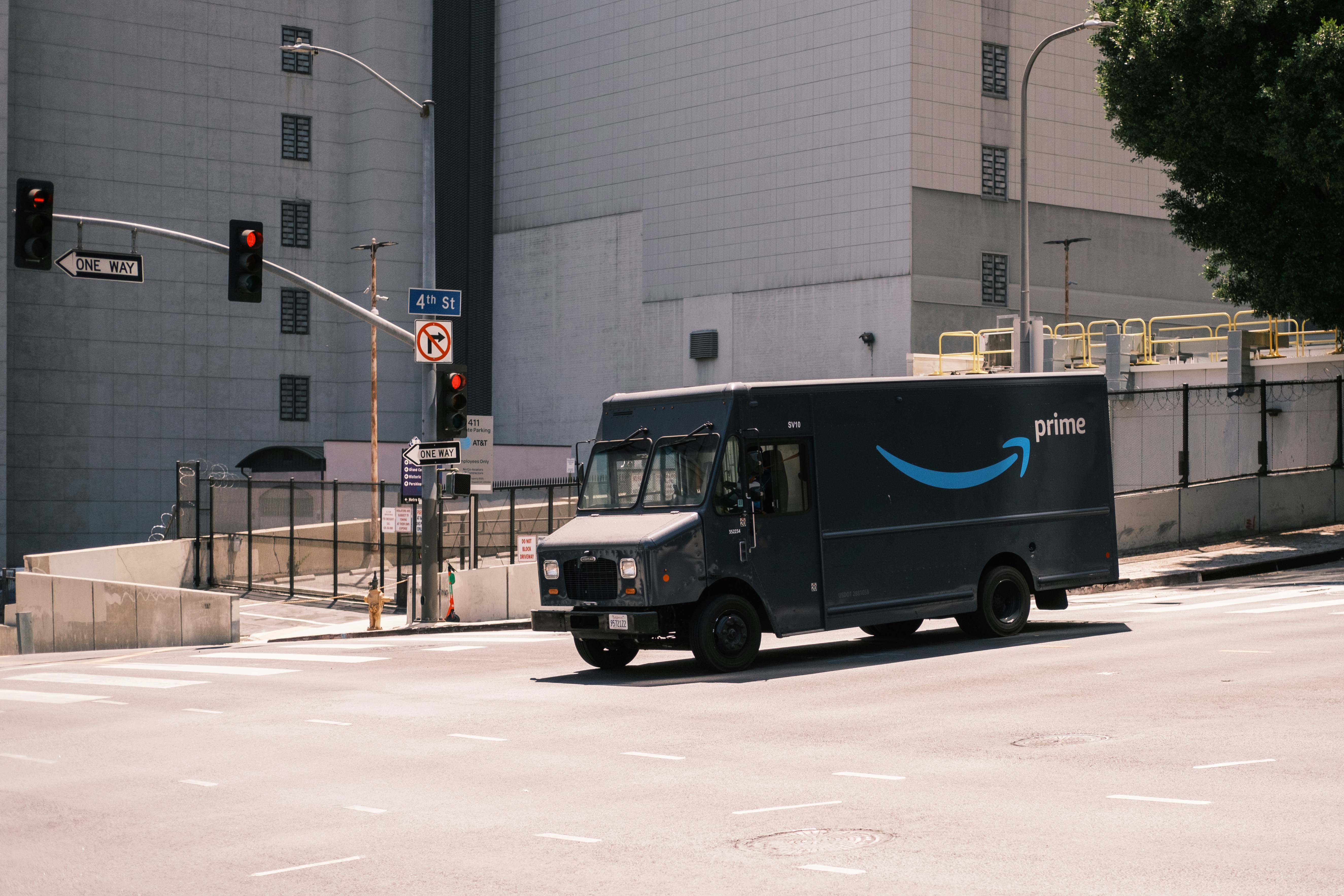
Amazon Compliance: What to Know Before Shipping to FBA
What Is Amazon Compliance And Why Is It Important?
Amazon compliance refers to meeting the strict rules Amazon sets for products entering its Fulfillment by Amazon (FBA) network. These rules cover everything from packaging and labeling to documentation and product restrictions.
For sellers, compliance isn’t optional. It protects your reputation, prevents costly mistakes, and ensures your products are accepted smoothly into Amazon fulfillment centers. Ignoring compliance risks delays, penalties, and even account suspension, problems that can disrupt your Amazon business at scale and compromise safety. Strong security and compliance standards also help organizations maintain security, protect customer data, and comply with industry regulations that demand reliability across systems and industries for your entire team.
What Are Key Amazon FBA Compliance Requirements?
Amazon’s compliance requirements exist to keep operations smooth and protect customers. Sellers must pay attention to:
- Packaging standards: Items must be securely packaged using approved materials such as sturdy boxes or poly-bags. Poly-bags need suffocation warnings if openings exceed 5 inches with clear instructions.
- Labeling rules: Every unit requires a scannable barcode (FNSKU, UPC, or EAN). Labels must be placed flat, visible, and scannable, not on curves or seams.
- Product prep: Fragile goods require bubble wrap, liquids need leak-proof protection, and expiration-dated items must have clearly visible dates.
- Restricted products: Certain goods, like hazardous materials, expired items, or prohibited categories, cannot be shipped through FBA. Sellers should always confirm eligibility in Seller Central and complete a quick search before sending.
Meeting these compliance standards is part of the shared responsibility between sellers and Amazon, ensuring both services and customers benefit from safe, accurate, and efficient fulfillment.
What Are The Most Common FBA Compliance Mistakes?
Even experienced Amazon sellers slip up on compliance. Some of the most frequent issues include:
- Missing or incorrect labeling that prevents scanners from reading barcodes.
- Accidentally shipping restricted or prohibited products.
- Using non-compliant packaging materials that fail Amazon’s standards.
- Overlooking prep requirements, such as bubble wrap or poly-bags for fragile items.
- Failing to track updates to Amazon compliance requirements, which change frequently.
Each of these errors adds unnecessary cost and risk, but they can be avoided with a structured process and the right tools. Without clear compliance resources and reporting processes, it's easy for organizations to overlook details that could compromise security events or disrupt overall compliance efforts.
What Happens If You Don't Follow Amazon Compliance Rules?
The consequences of non-compliance can be serious:
- Extra costs: Amazon may apply re-labeling or repackaging fees if your items don’t meet requirements.
- Shipment delays: Non-compliant products may be rejected or held, slowing down sales.
- Account suspension: Repeat or severe violations can lead to restricted or suspended seller accounts.
- Customer impacts: Poor prep can cause damaged shipments, higher return rates, and negative reviews, all of which hurt seller performance.
In many industries, failing to comply with regulations not only hurts operations but also creates gaps in how sellers maintain security and safeguard customer access to reliable services. In short, ignoring compliance jeopardizes your margins, your operations, and your reputation as an Amazon seller with no guarantee of support or response from Amazon.
How Can Sellers Stay Compliant Before Shipping To FBA?
Amazon provides tools and resources, but staying compliant requires discipline. Sellers can:
- Use Seller Central resources: Amazon regularly updates documentation, checklists, and requirements.
- Build a compliance checklist: Standardize packaging, labeling, and prep steps before shipping.
- Utilize prep and labeling services: Outsourcing can reduce errors and save time so your team can focus on growth.
- Monitor policy changes: Amazon updates compliance rules frequently; staying informed prevents costly surprises and helps you quickly receive updates.
- Partner with trusted fulfillment experts: Experienced 3PLs and prep centers can help manage compliance efficiently.
These steps make compliance less overwhelming and more repeatable. Think of compliance efforts like insurance for your business; it keeps your system secure, helps your organization stay audit-ready, and supports customers' trust at scale.
How Does Slotted Help Sellers Stay Amazon Compliant?
Amazon product compliance is complex, but sellers don’t have to manage it alone. Slotted connects sellers with trusted fulfillment providers who know Amazon’s compliance requirements inside and out.
Through Slotted, sellers can access:
- Packaging, labeling, and prep solutions tailored to Amazon FBA standards.
- Fewer errors thanks to structured, repeatable compliance processes.
- Faster shipping by reducing delays caused by rejected shipments.
- Reduced penalties by proactively preventing compliance mistakes.
Slotted acts as a neutral infrastructure, not a broker, helping sellers find long-term fulfillment partners who remove compliance headaches and support sustainable growth with complete reliability.
Final Thoughts
Amazon compliance can feel like a maze, but the cost of ignoring it is simply too high. By structuring your processes, using the right resources, and partnering with experts through Slotted, sellers can ship to FBA with confidence. In today's industries, demand for strict compliance standards and secure systems has never been higher; Slotted makes it easier for organizations to stay ahead of regulations, maintain security, and scale confidently.
👉 Ready to simplify compliance and focus on growth? Learn more with Slotted.







